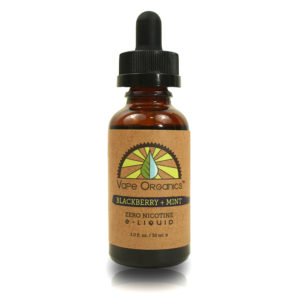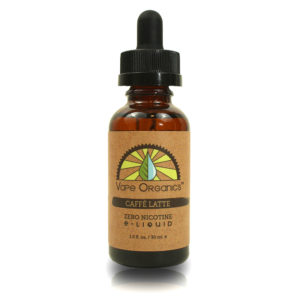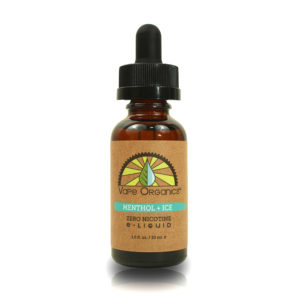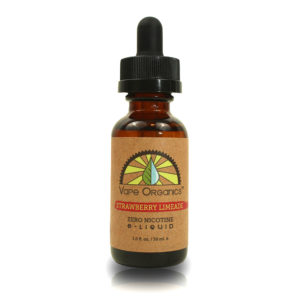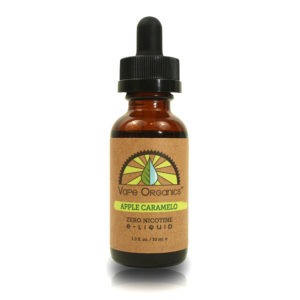Both the FDA and American Heart Association have indicated that vaping is much less harmful than smoking cigarettes and the AHA has stressed the reduced danger to bystanders (i.e. secondhand vapor).
In a letter to the World Health Organization, an independent group of 50 scientists and medical experts asserted that e-cigarettes can prevent the diseases caused by smoking tobacco and thus save hundreds of millions of lives.
Nicotine emissions from vaping are 10 times lower than from burning tobacco.
Multiple studies have found chemicals (like acetaldehyde, formaldehyde, and toluene) as well as heavy metals (like cadmium, nickel, and lead), in both first and second-hand vapor. Like cigarettes, this could necessitate carcinogenic labeling under California’s Proposition 65.
It’s the presence of these chemicals that is fueling the restriction of vaping to one degree or another in municipalities like Los Angeles, New York City, Washington D.C., and Chicago.
Our e-liquid contains ZERO synthetic chemicals and none of the heavy metals listed above. We ONLY use organic vegetable glycerin and organic natural extracts.
The FDA has rated PG as GRAS, or Generally Recognized As Safe, when added to foods, cosmetics, and medicines as a humidifying agent. What about inhaling PG that has been heated?
Defenders of the use of propylene glycol in e-liquid are citing studies tested on animals to argue for its proven safety.
In truth, it remains unclear in which quantities propylene glycol is safe for human consumption via inhalation; needless to say, long-term effects are unknown as well.
The use of fossil fuels, including petroleum, has a negative impact on Earth’s biosphere, releasing pollutants and greenhouse gases into the air and damaging ecosystems through accidents, which are unfortunately not uncommon.

